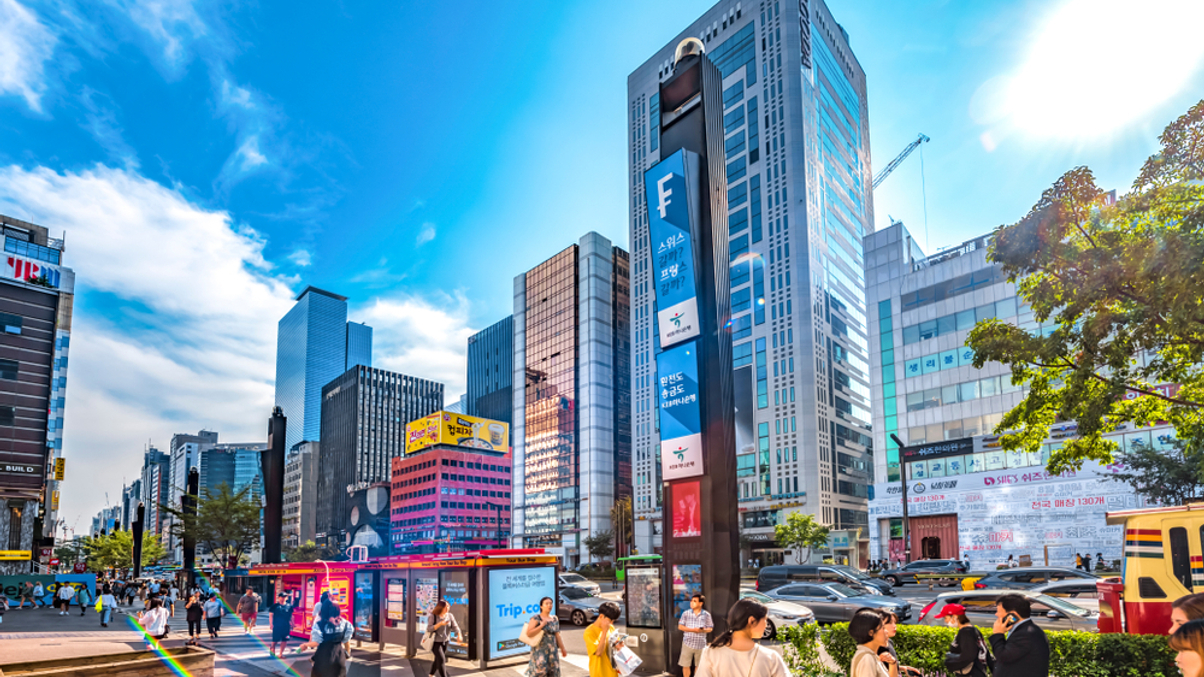Korea real estate bucks Asia slump with robust capital inflows
Seller discounts and overseas buyers are fueling a surge of investment in Korean real estate by a fifth this year, in stark contrast to shrinking allocations across the broader region.

Bucking a trend of shrinking institutional allocations across the Asia Pacific, capital inflows to Korean real estate jumped by 20% in the first half of this year, according to MSCI provisional data offered to AsianInvestor.
Sign in to read on!
Registered users get 2 free articles in 30 days.
Subscribers have full unlimited access to AsianInvestor
Not signed up? New users get 2 free articles per month, plus a 7-day unlimited free trial.
¬ Haymarket Media Limited. All rights reserved.


